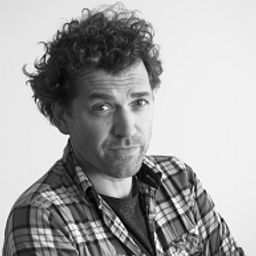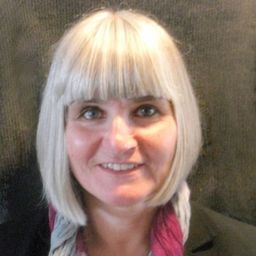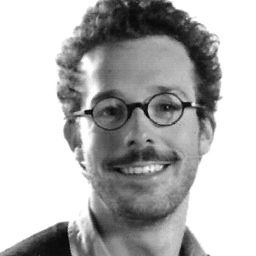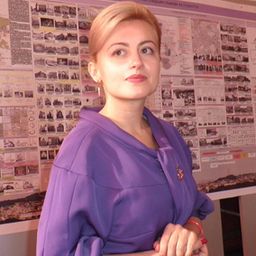Urban Heritage: Critical Theoretical and Methodological Perspectives I
My Session Status
Although the role of heritage, and culture in general, in forming sustainable cities is growingly emphasized, heritage still stands in the periphery. Heritage is often viewed as "something" that can benefit from wider sustainable models and projects rather than as an agent of change.
In this session, we would like to introduce the concept of deep cities, a concept which refers to a city’s long-term history and heritage. The session will explore how this concept can offer new ways of thinking about sustainable cities. The underlying idea of the session is that heritage is not just "something that is subject to change," but a driver of change. However, for heritage to hold such an active role, we contend that participatory approaches in developing deep cities need to be adopted.
The introduction of the novel concept of deep cities will open new research avenues for the field of critical heritage studies. By bringing together architecture, archaeology, ethnology and conservation, this session invites contributions from a wide range of geographical regions that illustrate examples where sustainable cities have been the result of the adoption of deep cities. The session would welcome papers that discuss theoretical and methodological issues related to one of the following (or related) themes:
• Urban environments and planning;
• “Imagined communities” of heritage;
• Critical sustainability perspectives on heritage and the Anthropocene;
• Diaspora, diversity and cultural citizenships;
• The future of heritage;
• Participatory approaches to urban heritage.
Selected papers will form the basis of the edition of a special volume on "Urban Heritage."
Sub Sessions
“In the utilisation of the ‘old bodies’ of cities, there are both economic and psychological phenomena. They constitute goods as well as references.” (Aldo Rossi, 1966) Criticism is rising against so-called “sustainable urbanism,” which may remind us of criticism of modern urbanism by CIAM (International Congress of Modern Architecture). Eco-neighbourhoods are the spearhead of a new technical and normative urbanism. Paradoxically, that way of conceiving cities does not easily al...
Frequently used buzzwords in today’s urban environment and planning discourse are “green cities,” sustainability, and densification, often meaning that densification automatically will lead to sustainability. But how does the hope for sustainable green cities meet the need for caring for a “green cultural heritage” such as parks, residential areas, and so on? And how does a wish for more densely populated cities meet the inhabitants’ needs for recreational areas without destroying this gre...
This paper will use two approaches “Diaspora, diversity, and cultural citizenships” and “The future of heritage” as its basis to discuss further how the concept “deep city” is opening to new understanding of the role heritage can play in forming the future. It will reflect on how the meaning of the concept “deep cities,” which refers to a city’s long-term history and heritage, is shaped by the national context within which research is carried out. The period in which the city was establish...
Politicians and planners have seen the value of investing in applied research that will enhance the ability to activate the past in the planning of current and future cities. Our cities contain time capsules filled with history, artifacts, and traces of the past. The urban heritage is visible in the city’s name, monuments, architectural details, streets, parks, and urban spaces, to name just a few places. Other parts of the past are invisible and layered beneath our feet. Our responsibilit...
The actual task for humanity in terms of globalization and mega-urbanization is to preserve memory. This multi-dimensional memory of humanity is reflected in the architectural environment of a city. Continuous processes of memory representation from individuals, the state doctrine memory, and ending the global processes, occur at various levels in the city environment by means of architecture, design, and art. Places of memory, buildings, and objects-symbols create the spiritual fr...
This paper will depart from a historical study of one industrial plant located in the southern part of Norway in 1887. The plant is Porsgrund Porselænsfabrik (PP), a porcelain factory, which has an important position in the local history of Porsgrunn. The porcelain factory was the only one of its kind in Norway, and the production of porcelain goods can be characterized as high quality works of art. The porcelain goods were spread on wide national and international markets and through the ...






